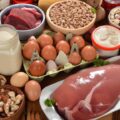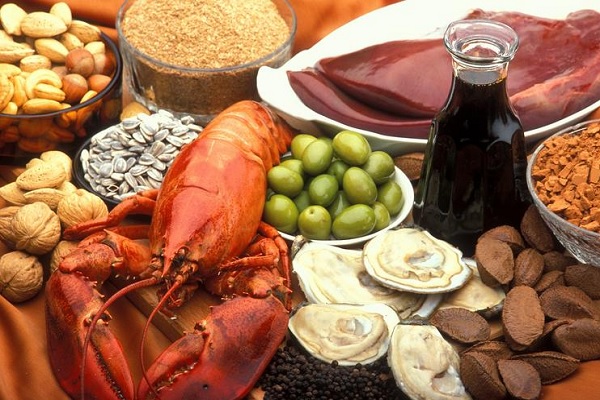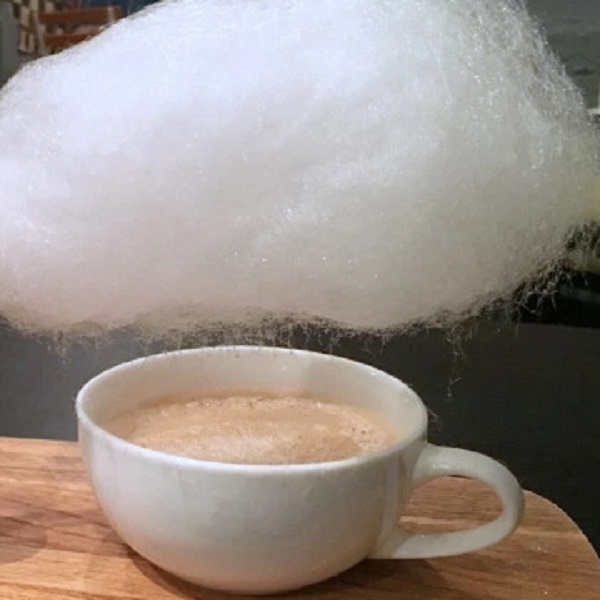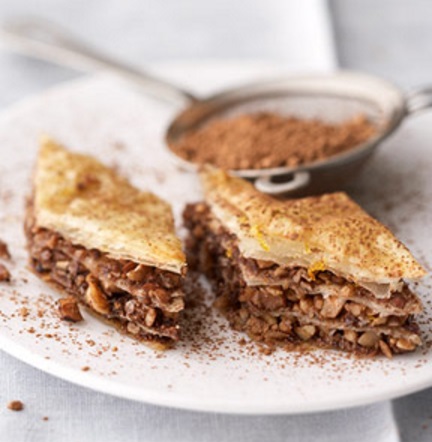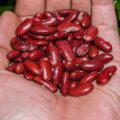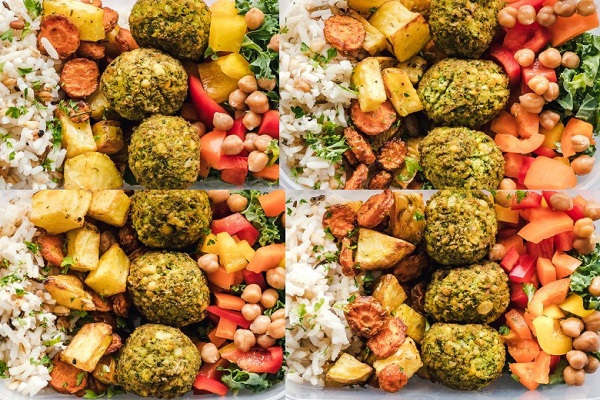
Becoming a vegetarian comes with a lot of sacrifices but proteins should never be one of them. You have to be sure of your source of B12 but for proteins, you just need to alter your diet to ensure that you have protein-rich foods every day. If you stick to waffles and fries, you may not get your daily fill of protein and fibre. It is advisable to eat real food on a daily basis and check with your doctor if you are pregnant or have other high protein needs that your available vegan diet may not be covering sufficiently. Otherwise, these 10 food types will get you covered on your daily protein needs.
Sprouts And Seeds
Seed diets are one of the nutritional powerhouses a vegan should always have. Seeds pack most of the essential nutrients you need including magnesium, potassium, Vitamins A, C, K and E and most importantly, protein. Sprouting increases the protein content of any seeds you love including pumpkin, chia and sunflower seeds. You shouldn’t rely on seeds only for your protein though because you can only eat so many seeds and sprouts. You should supplement your daily meals with them whenever you can though.
Plant-Based Plain Yoghurt
With 15g per 100mg serving, plain vegan yoghurt has just as much protein as your regular dairy milk yoghurt. There are many vegan yoghurts you can choose from with the most popular brands now perfecting their game to produce thick and natural tasting yoghurt without flooding them with sugar and chemical additives. You should go for the plain yoghurts if you don’t want your protein needs to be replaced by a load of sugar.
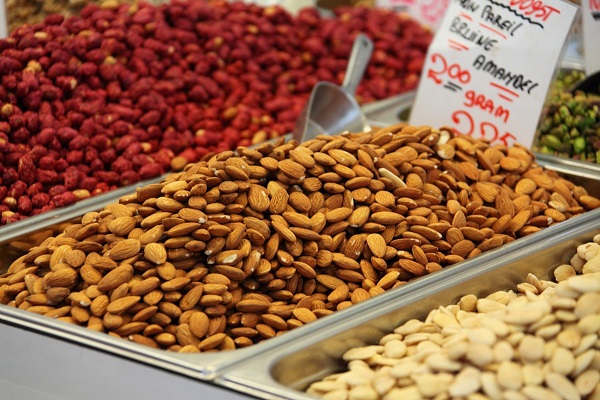
Nuts
When nuts are mentioned, many people assume that they are eating lots of fats but nuts actually have lots of protein. Every 100g serving of nuts carries 20g of protein which makes them one of the most protein-rich plant-based foods in the world. You can use nuts in many ways from making your trail mix to using nut butter in your daily food servings to boost your daily protein intake.
Legumes
Soy is a great source of calcium, magnesium and potassium which is why soy milk makes the best vegan alternative to dairy milk. Protein is the one thing soy has in plenty though. All legumes are actually mostly made up of proteins and they contain a wide range of amino acids making them your best source of protein on a plant-based diet. Soy and black beans each carry nearly 20g of protein per 100g serving which is will be enough to meet your protein needs.
Tofu
Tofu has actually been around for longer than many animal-based products people eat today and its nutritional benefits are immense. With lots and magnesium, selenium, manganese and copper, those soft blocks are a micronutrient powerhouse. Tofu is made by pressing soy milk and beans and sometimes, a wide range of legume and nut additions which increase its protein content to more than what you get from other foods on the list. You can add tofu to your regular carbs including rice which is why it makes such a great protein food for vegetarians.
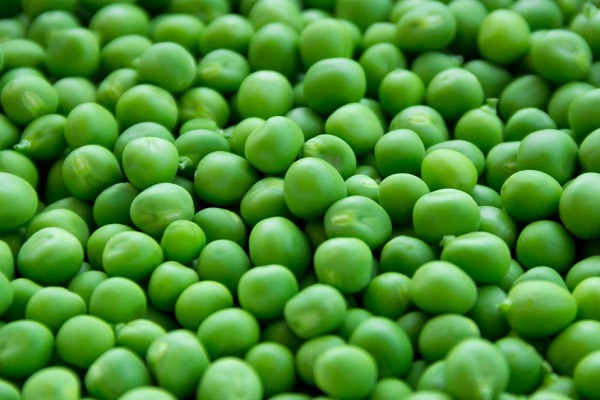
Green Vegetables
It is recommended that your daily food servings include at least five different rotations of fruits and vegetables. Vegetables such as broccoli, spinach, Chinese cabbage and watercress are rich in proteins and adding them to your daily dishes will help achieve your daily protein needs.
Whole Grains
Fortified grains are tasty and easier to prepare especially for restaurants and fast food joints but they do a lot of disservice to the eater. A vegetarian has to be a little choosy about what he/she eats and insisting on whole grains is not too much to ask. Whole grains contain more fibre and protein than fortified seeds and they also tend to carry more micronutrients which makes them healthier. A single serving of whole-grain meals gives you up to 20g of protein per 100g serving which is a great addition to your daily needs.
Tempeh
Like Tofu, Tempeh is another alternative to meat that every vegetarian should love. Tempeh is loved even by non-vegans because you can prepare it in millions of different ways and end up with a nice protein that can accompany any other meal you love. Some tempeh is combined with wheat so you wanna check the ingredients if you are gluten intolerant. You get up to 18g per 100g serving which is great for a vegan dish.
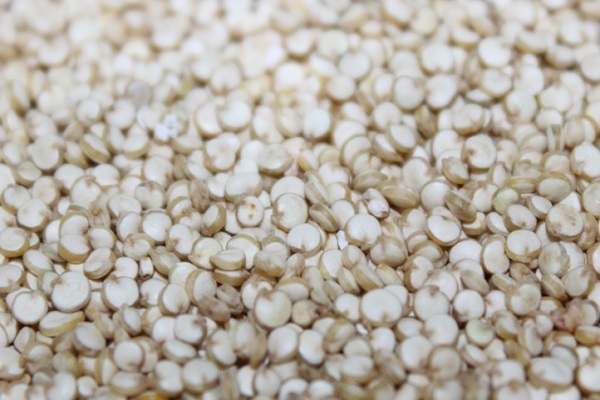
Quinoa
This is another whole grain that has been really appreciated by the vegan community thanks to its high protein content. Quinoa is also a whole grain that gives you potassium, selenium and Vitamin A, B, C, and K. You can also use quinoa seeds in lots of different dishes and still enjoy their nutty taste.
Nutritional Yeast
Mushrooms are one fungus that will give you an energy-packed serving of food but even the most nutritious ones don’t have as much protein as nutritional yeast. This vegetarian seasoning gives you 2.1 grams of protein per tablespoon which makes it a great addition to any of your favourite low-protein dishes.
Do you know of any other protein-rich plant-based foods vegans can eat? Do let us know in the comments below!
